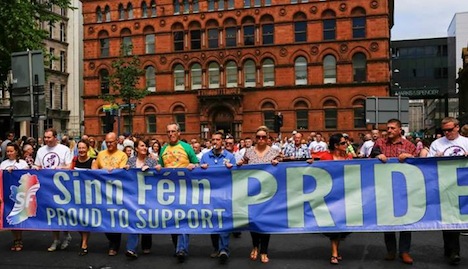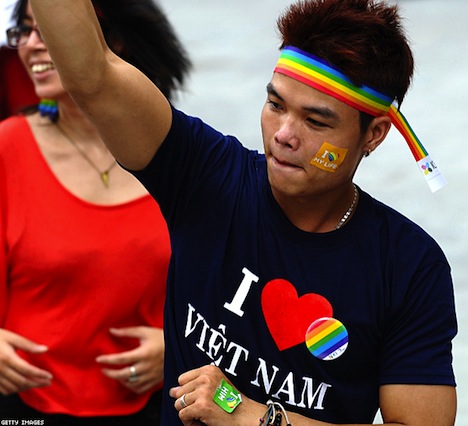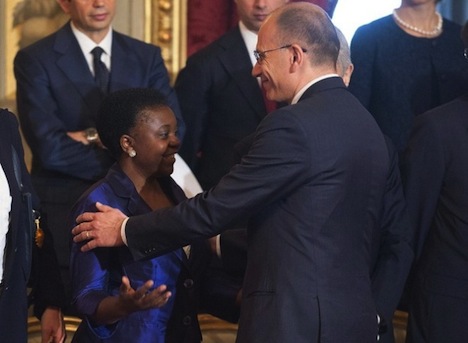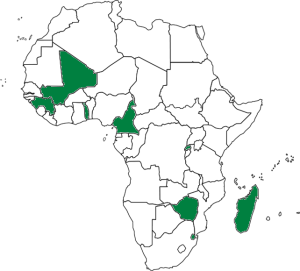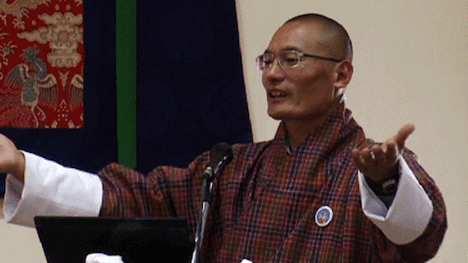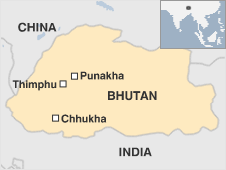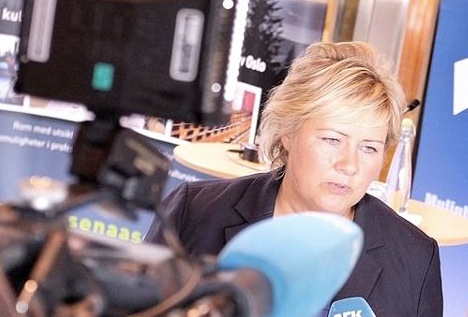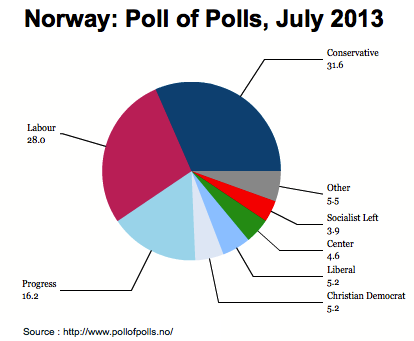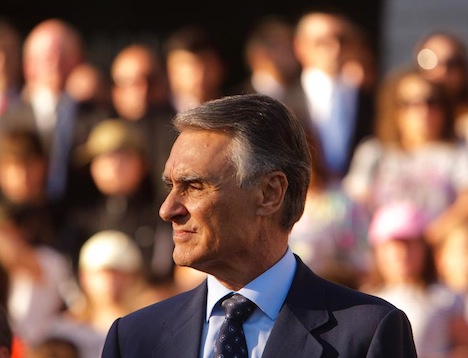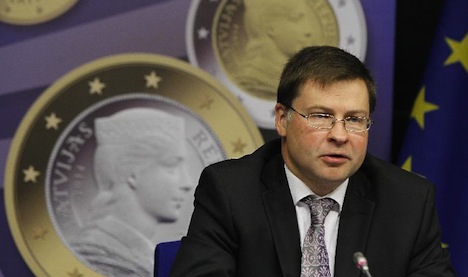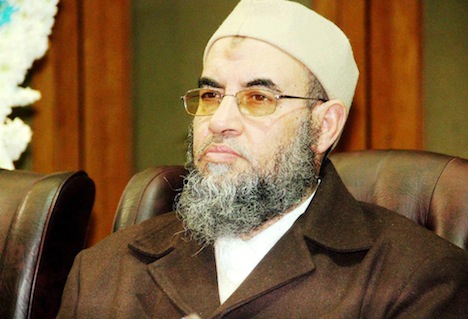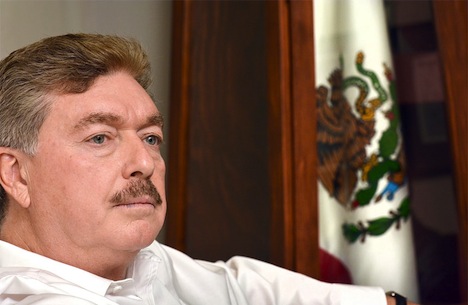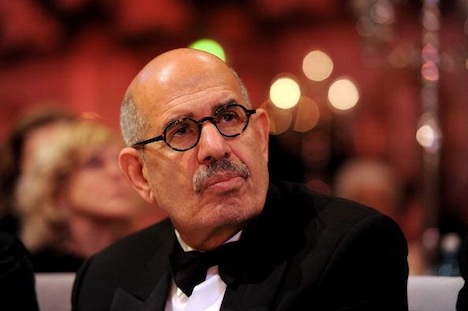Amid the fanfare that much of the United Kingdom would now enjoy full same-sex marriage rights following the success of Conservative UK prime minister David Cameron in enacting a successful vote earlier this week in Parliament, some LGBT activists are still waiting at the altar of public policy for their respective day of celebration.![]()
![]()
![]()
Under the odd devolved system within the United Kingdom of Northern Ireland and Great Britain, it’s up to the separate Northern Ireland Assembly to effect its own laws on marriage. Even within Great Britain, the Scottish parliament, likewise, has the sole power to enact legislation related to marriage rights.
So while nearly 90% of the residents of the country will now be able to enter into same-sex marriages, Scottish and the Northern Irish will have to wait a little longer — and in the case of Northern Ireland, it seems like the wait will be lengthy. Scotland, with 5.3 million people (8.4% of the total UK population), and which will vote on independence in a referendum in September 2014, is already taking steps toward passing legislation, though Northern Ireland, with 1.8 million people (2.9% of the UK population), has already considered and rejected same-sex marriage.
The reason for the disparity within the United Kingdom goes back to former Labour prime minister Tony Blair.
Under the broad devolution process that his ‘New Labour’ government initiated upon taking power in 1997, much of the power to regulate life in Scotland was devolved from Westminster to the new parliament that met for the first time in 1999 at Holyrood. Although a parallel Welsh Assembly exists in Cardiff for Welsh affairs, the Welsh parliament lacks the same breadth of powers that the Scottish parliament enjoys, which is why the Welsh now have same-sex marriage rights. (Take heart, Daffyd!)
Northern Ireland has a similar arrangement, with its own devolved Northern Ireland Assembly at Stormont, though its powers were suspended from 2002 to 2007 when the Northern Ireland peace process fell apart, however briefly.
The disparate courses of English, Scottish and Northern Irish marriage rights are a case study in how devolution works in the United Kingdom today.
Scotland: Holyrood poised to pass an even stronger marriage equality bill in 2014
Scotland’s local government, led by Alex Salmond and the Scottish National Party, introduced a same-sex marriage bill late in June that is set to provide an even more liberal regime of marriage rights. While the marriage bill passed earlier this week in London actually bans the Anglican Church of England from offering same-sex marriage ceremonies, the Scottish bill won’t have the same prohibitions on the Presbyterian Church of Scotland, which is seen as somewhat more relaxed about gay marriage. Like the English legislation, however, the Scottish bill offer protections to ministers on religious grounds who do not choose to officiate same-sex marriages.
Although there’s opposition to the bill within the governing SNP as well as the Scottish Labour Party and the Scottish Liberal Democratic Party, the Conservative Party has very little influence outside England and Scotland, generally speaking, is even more socially progressive than England, which means that the legislation is widely expect to pass in the Scottish Parliament early next year, with the first same-sex marriages in Scotland to take place in 2015.
Northern Ireland: gay marriage as a football between Protestant and Catholic communities
Earlier this year, the Northern Ireland Assembly considered a same-sex marriage bill, but it was defeated in April by a vote of 53 to 42 — a similar motion was defeated in October 2012 by a similar margin. Since 2005, LGBT individuals have been able to enter into civil partnerships (with most, though not all, of the rights of marriage enjoyed by opposite-sex partners) throughout the entire United Kingdom, including Northern Ireland.
When Scotland passes its gay marriage bill next year, however, it will leave Northern Ireland as the only part of the United Kingdom without marriage equality.
Not surprisingly, given that Northern Ireland was partitioned out of the Republic of Ireland in 1921 largely on religious lines, and Protestant-Catholic violence has plagued Northern Ireland for much of the decades since, Northern Ireland is the most religious part of the United Kingdom. A 2007 poll showed that while only 14% of the English and 18% of Scots were weekly churchgoers, fully 45% of the Northern Irish attended church weekly.
Unlike Scotland, where the mainstream UK political parties, such as the Tories, Labour and Liberal Democrats, aim to compete with the Scottish Nationalists (with varying degrees of success), Northern Irish politics are entirely different, based instead on the largely Protestant ‘unionist’ community and the largely Catholic ‘nationalist’ community. Around 41% of Northern Ireland is Roman Catholic, while around 41.5% of Northern Ireland is Protestant (mostly the Presbyterian Church and the Anglican Church of Ireland).
That helps explain why the opposition to gay marriage in Northern Ireland remains so strong, and it doesn’t help that the issue falls along the same lines as the entrenched unionist and nationalist divisions. Given that it’s unlikely either community will come to dominate Northern Irish politics and the Assembly anytime soon, it means that proponents of same-sex marriage will have to convince at least some unionists to join forces with largely supportive nationalist parties to pass a marriage bill — and that may prove a difficult task for a five-way power-sharing government in Belfast that has enough difficulties even without gay marriage. Continue reading Hey! What about gay marriage in Scotland and Northern Ireland?
